ChatGPT and similar AI technologies are part of a broader trend of technological development and adoption that is transforming the global job market. According to the World Economic Forum’s Future of Jobs Report 2023, technology adoption remains a key driver of business transformation. Over 85% of organizations surveyed identify increased adoption of new and frontier technologies and broadening digital access as trends most likely to drive transformation in their organization.
The report suggests that the impact of most technologies, including AI, on jobs is expected to be a net positive over the next five years. Big data analytics, climate change and environmental management technologies, encryption and cybersecurity are expected to be the biggest drivers of job growth. Technologies such as AI are expected to result in significant labor-market disruption, with substantial proportions of companies forecasting job displacement in their organizations, offset by job growth elsewhere to result in a net positive.
However, the impact of AI and similar technologies on the job market is complex and depends on a variety of factors. For instance, the report notes that while the adoption of new technologies can lead to job displacement within certain companies, it can also drive job growth in more than half of the surveyed companies.
The fastest-growing roles relative to their size today are driven by technology, digitalization, and sustainability. The majority of these fast-growing roles are technology-related roles. AI and Machine Learning Specialists top the list of fast-growing jobs, followed by Sustainability Specialists, Business Intelligence Analysts and Information Security Analysts. On the other hand, the fastest-declining roles are clerical or secretarial roles, driven by technology and digitalization.
Large-scale job growth is expected in education, agriculture, and digital commerce and trade. For example, jobs in the Education industry are expected to grow by about 10%, leading to 3 million additional jobs for Vocational Education Teachers and University and Higher education Teachers. At the same time, the largest losses are expected in administrative roles and in traditional security, factory, and commerce roles, driven mainly by digitalization and automation.
The report also highlights that the human-machine frontier has shifted, with businesses introducing automation into their operations at a slower pace than previously anticipated. Organizations estimate that 34% of all business-related tasks are performed by machines, with the remaining 66% performed by humans. This pace of automation contradicts expectations from the 2020 survey respondents that almost half (47%) of business tasks would be automated in the following five years. Today, respondents have revised down their expectations for future automation to predict that 42% of business tasks will be automated by 2027.
Wrapping it up, AI technologies like ChatGPT have the potential to both create and eliminate jobs. The overall impact on the job market depends on a variety of factors, including the pace of technology adoption, the type of jobs in question, and how quickly workers can acquire the skills needed for new roles. It is important for individuals, companies, and governments to monitor these trends closely and take steps to prepare for the changing job landscape.






